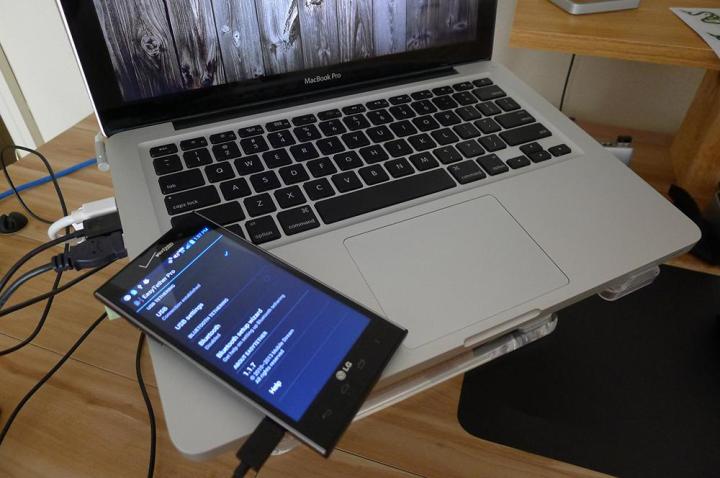
Instant tethering is something that Google rolled out to certain Android devices earlier this year and it means that various devices connected to your Google account can automatically link up for sharing internet access and information like battery life. With preapproval, the system doesn’t require a password or any authentication, making the process far simpler.
It now seems like Google is keen to see that feature adopted by a wider variety of hardware.
You can now enable instant tethering if you have the latest Canary Build of Chrome OS for Chromebooks, as ChromeStory does. However, enabling it isn’t easy. You have to put “chrome://flags/” in the location bar, search for the instant tethering flag, enable it and finally, reboot the system. At that point, you’ll find a toggleable option alongside Wi-Fi and other network options.
Unfortunately, even if you jump through all of those hoops the tethering is not yet ready for prime time. It does however, suggest that it is something Google is working on and we could see pushed out to all Chromebooks in some future release.
Indeed, instant tethering is a feature that makes much more sense for a laptop than it does for a fellow Android smartphone or tablet, which would likely have 4G or similar access themselves. As Liliputing points out, it may be worth keeping an eye on the Google support page for the feature, to see as and when it adds Chromebooks to the list. When it does, we can expect the feature to begin working as intended.
Editors' Recommendations
- The most common Chromebook problems and how to fix them
- Google just made a big change to how Chromebooks apps work
- Why I converted my Windows laptop into a Chromebook, and why you should too
- This screwless motherboard will make GPU upgrades easier than ever
- Editing video on Chromebooks just got a lot easier





